Invocation techniques vary across different
occult traditions, but some common methods include:
• Prayer: Simple prayers or supplications are a common way to invoke divine guidance and blessings. This is prevalent in various religious and spiritual practices.
• Rituals and Ceremonies: Elaborate rituals and ceremonies, which may involve the use of candles, incense, invocatory chants, and
sacred geometry, are common in ceremonial magick and
Thelemic practices.
•
Evocation:
Evocation, as distinct from invocation, involves summoning and commanding spirits or entities to appear before the practitioner.
•
Sigil Magick: The creation and activation of
sigils, symbolic representations of one's desire or intent, is used to invoke otherworldly assistance in
chaos magick.
• Meditative Invocation: Some practitioners invoke otherworldly forces through deep meditation and visualization, allowing them to establish a mental connection.


